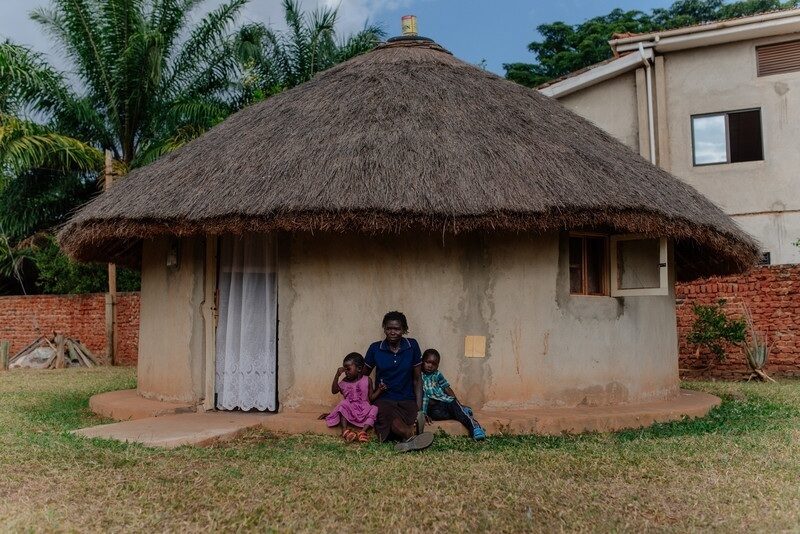In 2019, IJM conducted a pilot project to assess the nature, scale and forms of intimate partner violence (IPV) in the Gulu area of Uganda, where IJM has worked since 2012 on land theft from widows and orphans. The purpose of the study was to ascertain whether IJM’s approach to combating violence by collaborating with the justice system to protect victims and bring perpetrators to justice was applicable to IPV, and to contribute learnings from our clients and partners to others in the field. (The full study can be found on page 21 of the 2019 IJM Justice Review.)
To carry out the learning exercise, IJM engaged community leaders both prior to the initiation of the pilot project and throughout the duration of the project. Prior to the project launch, IJM engaged key leaders in the Pece area of Gulu in order to learn about the frequency and forms of IPV reported in their community. IJM also sought to gather perspectives from those leaders about effective responses to IPV crimes, and to inform them about and gain their input on the organization’s project plan.
IJM also strategically engaged justice system officials, both prior to the launch of the project and throughout its implementation, to begin assessing gap areas in response to IPV cases, to offer training and expertise, and, where possible, to provide resources toward more effective, multi-disciplinary responses to IPV cases. IJM investigators worked closely with Local Council leaders and law enforcement officials to ensure referrals of cases to the appropriate response actors, to collaboratively support thorough investigations, to develop care plans for survivors and to facilitate the transfer of files to the Resident State Attorney for charging where appropriate. IJM supported 10 cases of IPV during the year-long project, assisting 8 adult women and 5 children.
Legal outcomes were achieved in all ten cases, including 2 offenders convicted and 7 restrained through remand.
One of the issues IJM studied was whether survivors of IPV would pursue a criminal case against partners. The study showed that survivors chose to continue pursuing a criminal case if they had diminished economic reliance on their abusive partner and if a legal support person was available to accompany the survivor throughout the criminal justice process.
The study informed IJM’s decision to continue to assist survivors of IPV and collaborate with authorities to bring offenders to justice. The Covid19 pandemic has limited in-person contact with clients, but IJM continues to assist local authorities in addressing reports of IPV, including by donating a vehicle and PEP to front-line justice officials.
View the full IJM Justice Review on Violence Against Women and Children here.
